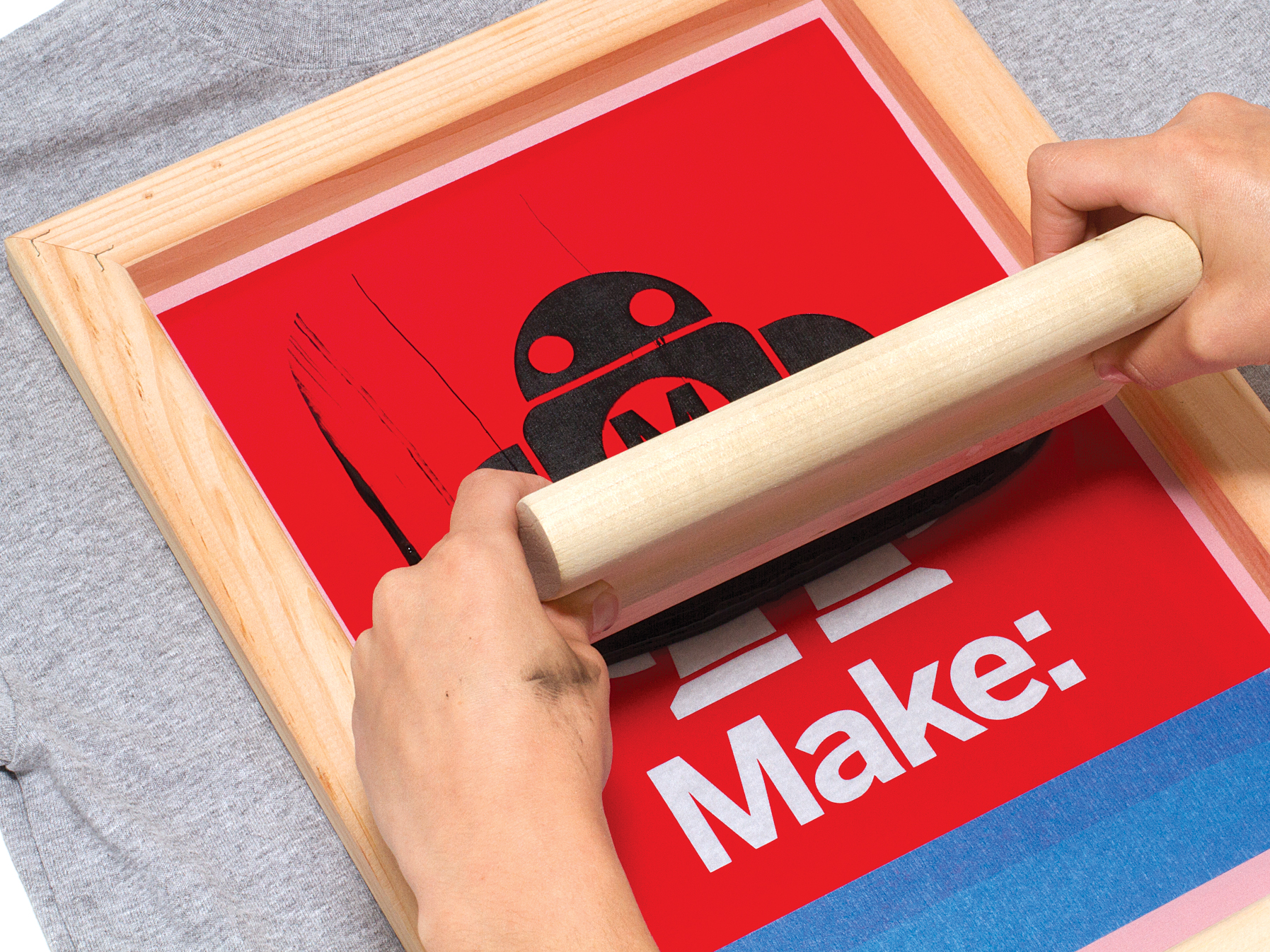ChatGPT said: How 10:9 Design Abilene is helping local businesses
Wiki Article
The Essential Guide to Recognizing Screen Printing and Its Versatile Uses
Screen printing has a rich background that dates back to ancient times, developing right into an innovative strategy made use of across various industries today. This guide checks out the ins and outs of the screen printing procedure, describing its applications in home, fashion, and marketing decoration - 10:9 Design contact. Recognizing these principles can open imaginative possibility for both artistic and commercial projects. The complying with sections will expose important suggestions and methods to enhance one's screen printing endeavorsThe Background of Screen Printing
Although screen printing has origins that map back centuries, its development mirrors the technical and creative innovations of different cultures. Originating in old China, the method was initially made use of for embellishing textiles and later infect Japan, where it ended up being integral to Ukiyo-e woodblock printing. The technique shifted to Europe in the 18th century, where it obtained popularity amongst craftsmens and commercial printers. The development of picture solution in the 20th century reinvented screen printing, allowing for even more intricate layouts and greater performance. Artists like Andy Warhol additionally moved its appeal, using the tool to create famous jobs that mixed commercialism and great art. By the late 20th century, screen printing had developed itself as a functional method, used in vogue, advertising, and art. Today, it remains to evolve, incorporating electronic technology and increasing its applications across different sectors.The Screen Printing Process Explained
Screen printing transforms creative visions into substantial designs through a collection of specific steps. A photo is developed and then transferred onto a screen, normally made of great mesh fabric stretched over a framework. A light-sensitive solution is put on the screen, which is revealed to light, hardening in areas not covered by the picture. After cleaning out the unhardened solution, a pattern is created.Next, the screen is placed over the substrate, whether it be textile, paper, or another material. Ink is then pushed with the open locations of the stencil using a squeegee, depositing the design onto the substrate below. This process can be repeated for multiple shades, calling for different displays for every color. Ultimately, the published thing is healed making use of warm to guarantee the ink adheres appropriately, leading to a long lasting, lively style on-line.
Sorts Of Screen Printing Techniques

Additionally, specialty methods, such as discharge screen printing, eliminate color from the textile to create softer prints, while aluminum foil screen printing applies metallic foil to 10:9 Design Company accomplish a shiny surface (10:9 Design Screen Printing). Each strategy provides distinctive attributes, dealing with various imaginative demands and manufacturing ranges, eventually broadening the possibilities within the screen printing domain
Applications of Screen Printing in Various Industries

Furthermore, the signage and marketing industries utilize screen printing for developing appealing screens and banners. This technique permits bold shades and detailed layouts that catch interest. In electronics, screen printing is used for using conductive inks to circuit card, necessary for element connections. The home decoration industry embraces screen printing to generate unique designs on fabrics and wall surface art. In general, screen printing works as an essential device across varied fields, enhancing items with customized and aesthetically attractive graphics.
Tips for Successful Screen Printing Projects
While taking on a screen printing job, careful focus to information can significantly enhance the last outcome. First, choosing top quality products is essential; this includes the screen, inks, and substrates. Using ideal mesh counts can influence ink deposition and detail resolution. Prep work is just as essential; thorough cleaning of displays and correct exposure times ensure crisp prints.Next off, accurate registration is essential for multi-color prints. Using placement tools can assist achieve exact layering. Additionally, testing prints on scrap products before production assists recognize potential issues without losing resources.

Regularly Asked Questions
What Products Are Finest for Screen Printing on Textile?
Cotton and polyester blends are suitable for screen printing on material because of their resilience and ink absorption. In addition, specialty textiles like silk or canvas can create one-of-a-kind structures and coatings, enhancing the total design high quality.How Do I Clean and Maintain Screen Printing Tools?
To maintain and clean up screen printing tools, one should consistently wash displays with ideal solvents, examine mops for wear, lubricate relocating components, and store all products in a completely dry, dust-free setting to prolong their life expectancy.What Are the Ecological Impacts of Screen Printing?
Screen printing can have significant ecological influences, including chemical waste from inks and solvents, water usage throughout cleansing processes, and energy usage. Lasting practices and green materials are important for lessening these adverse results.Can Screen Printing Be Done at Home Efficiently?
Screen printing can be effectively done at home with the right materials and techniques. Hobbyists can develop high quality prints, though success relies on their ability level, equipment, and understanding of the process involved.
What Are the Prices Related To Beginning a Display Printing Organization?

Beginning a screen printing service entails expenses for tools, products, and office. Initial expenses generally range from a couple of hundred to numerous thousand bucks, depending on the scale, quality of machinery, and preferred production capacity.
Screen printing has an abundant history that dates back to old times, advancing right into an innovative technique utilized across various industries today. An additional method, rotary screen printing, uses round displays, assisting in continuous printing on material rolls, consequently improving effectiveness for massive productions. Furthermore, specialty techniques, such as discharge screen printing, remove dye from the fabric to create softer prints, while aluminum foil screen printing uses metallic foil to attain a glossy surface. In the style sector, screen printing is extensively made use of to produce vibrant designs on apparel, enabling brands to showcase their special designs. Cotton and polyester blends are perfect for screen printing on textile due to their longevity and ink absorption.
Report this wiki page